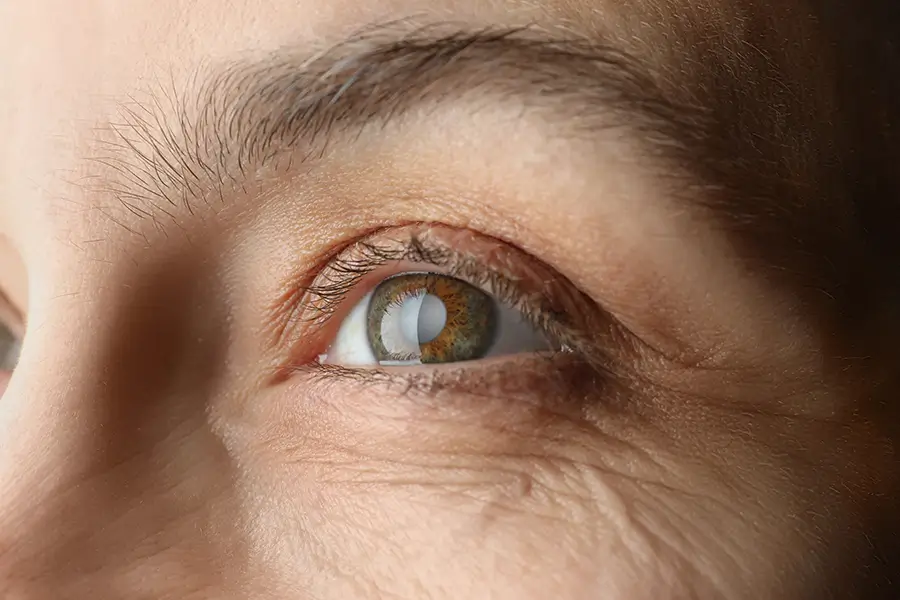Home » What are the Symptoms of Cataracts?
Cataracts are a common age-related eye condition characterized by the clouding of the natural lens in the eye. This clouding impairs vision and may eventually lead to blindness if left untreated. Cataracts are one of the leading causes of vision loss worldwide, affecting millions of people. Although cataracts primarily affect older adults, they can also develop in younger individuals due to various factors such as genetics, injury, or certain medical conditions.

The experience of living with cataracts can vary depending on the stage of the condition and the individual’s response to treatment. In the early stages, cataracts may have subtle symptoms, but as they progress, vision becomes increasingly compromised. Some common symptoms include:
Early detection of cataracts is essential for preserving vision and maintaining a good quality of life. Comprehensive eye exams are crucial in diagnosing the condition, and they typically include:
The treatment for cataracts depends on the severity of the condition and the impact on the patient’s daily life. In the early stages, cataracts can often be managed with corrective eyewear and adjustments to lighting conditions. However, as cataracts progress, surgical intervention is typically required to restore vision.
Cataract surgery involves removing the clouded lens and replacing it with an artificial intraocular lens (IOL). Cataract surgery is a highly successful and low-risk procedure that can significantly improve vision and quality of life for patients.
After cataract surgery, patients can expect a relatively quick recovery period, with most individuals resuming their normal activities within a few days. Postoperative care typically includes the use of prescription eye drops and regular follow-up visits to ensure proper healing and optimal visual outcomes.
In addition to surgical intervention, certain lifestyle adjustments can contribute to better eye health and potentially slow the progression of cataracts. These may include:
Cataract surgery can significantly improve the quality of life for individuals affected by this common eye condition. As illustrated by the countless success stories, prompt intervention and adherence to postoperative care can make a significant difference in the lives of those living with cataracts. By raising awareness of the symptoms, diagnosis, and treatment options for this condition, we can help others take the necessary steps to protect their vision and live a fulfilling life.
Following successful cataract surgery, patients often experience a range of improvements in their vision and overall quality of life. These improvements can include:
If you need help with cataract-related symptoms, please reach out to our trusted eye care professionals here at Tennessee Eye Care. We can provide expert care for cataracts and guide you through the process of diagnosis, treatment, and postoperative care. By taking the necessary steps to address cataract-related vision loss, you can regain your visual clarity and enjoy a better quality of life.